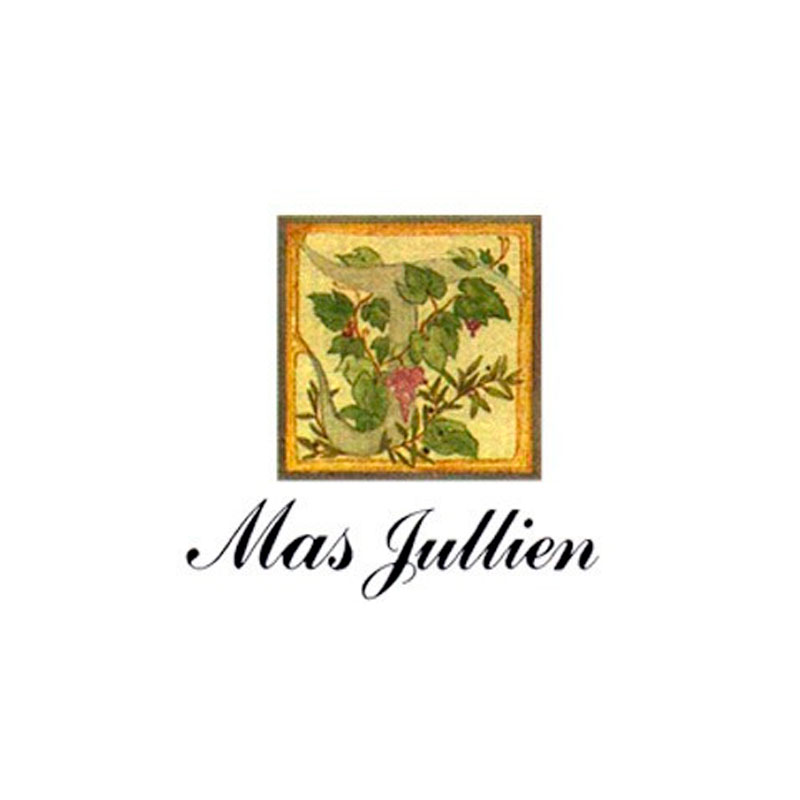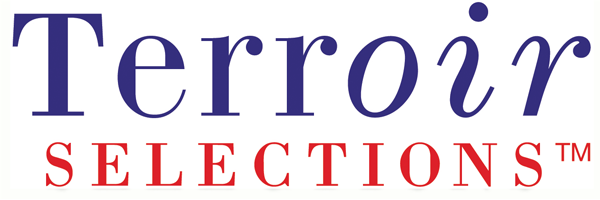Domaine Mas Jullien
Region: Jonquières, Languedoc
Owner and winemaker Olivier Jullien is a pioneer of the Languedoc. When he took over the family domaine in 1985, he was one of the only believers of the potential of the Terrasses du Larzac (large terraces on the edge of the Cevennes plateau, north of Montpellier) to produce great wines from the Midi. 25 years later, he controls over 18 hectares of unique vineyard sites, managed following the principles of Biodynamic winemaking.

History
Viticulture & Winemaking
Vineyards and Viticulture
Olivier Jullien follows the principles of Biodynamic viticulture, with soil cultivation or cropping, natural grass in the alleys, use of compost in the vineyards, etc. Yields are generally around 30hL/ha, obtained by pruning down to 8 buds per vine and elimination of the lateral shoots. He uses Carignan for its freshness and body, Cinsault for finesse and delicacy, Syrah for its aroma and color, Grenache for its complexity and spice, and Mourvèdre for its race and structure. For his whites, he uses Grenache Blanc for richness, Chenin Blanc and Carignan Blanc for acidity, Viognier for its primary aromas, Clairette and Roussanne for their oxidative notes, characteristic of southern wines. The Mas Jullien is farmed organically in all ways except for “official certification”.
Winemaking
Olivier Jullien has made a lot of experiments in terms of winemaking to get to the current techniques. For instance, in 1985 the harvest was not destemmed and it was whole bunch fermented. In 1989, Olivier tried to use no Sulphur. He also went from 100% new oak 1993 for the reds to no oak in 1994 and then to new large oak (demi-muids – 600L) since then.
Current winemaking practices are the following:
Whites
Crushing, pressing and débourbage overnight, followed by fermentation. Each variety from each terroir is fermented separately in demi-muids (600L). There is no malolactic fermentation except for the Carignan Blanc. Assemblage is made after fermentation or later.
Reds
Destemming, sorting, fermentation in 40hL tanks with indigenous yeasts. The must is plunged during fermentation, and temperatures are monitored to avoid overheating. Fermentation lasts generally 3 weeks and malolactic fermentation starts in tanks or in oak. The wines are racked to demi-muids at the end of Autumn and stay there for a year, and then spend 2 years in big oak foudres.
